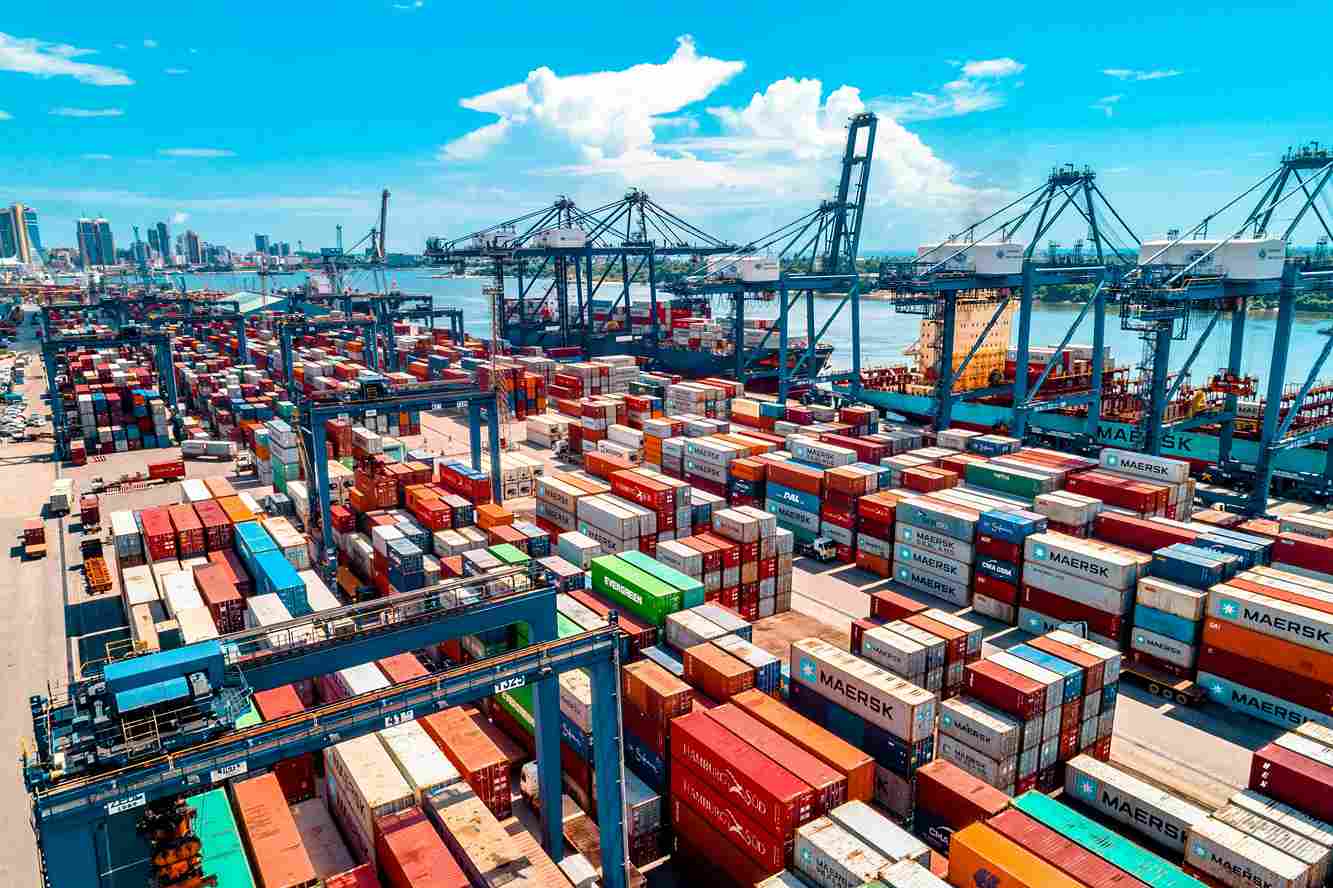Seas and oceans are among the most popular means of international delivery. According to the International Maritime Organization (IMO), at any given moment, there are about 50,000 cargo ships in the waters. Most of them are engaged in transporting consumer goods. Therefore, experts will share the drawbacks and advantages of sea transport for your business.
Advantages of Sea Transport
The main benefits of sea freight include:
- Low cost. Cost-effectiveness is noticeable for both large and small shipments, as well as oversized cargo.
- Large capacity. Ships carry massive volumes. For instance, container ships can transport tens of thousands of containers in one trip. This is relevant for international trade, where large quantities of goods need to be moved between continents.
- Accessibility. Oceans and seas cover virtually all corners of the world. Where there is no water, goods arrive at the nearest port, which is still more cost-effective than land transport.
- Safety. Maritime transport is one of the safest methods, as ships are equipped with modern safety systems. Statistically, incidents occur less frequently than with other modes of transport.
- Easy loading and unloading. Cargo is pre-packed in containers that are quickly loaded onto the ship.
- Flexibility. Large, hazardous, and specialized cargo (such as oil, chemicals, cars, and agricultural products) can be transported by sea. There are suitable ship types for each (container ships, tankers, bulk carriers).
- Fewer size and weight restrictions. Unlike aviation or road transport, the advantage of sea container shipping lies in its flexibility concerning weight and dimensions.
Shipping goods from China to Ukraine is predominantly done by sea because it is the most optimal method for covering thousands of kilometers. Ecology is also a significant factor. Many companies choose this mode of transport because of its smaller carbon footprint.
Disadvantages of Sea Transport
Despite its advantages, sea transport has its drawbacks:
- Long delivery times. Delivery times are longer than by air or road. Intercontinental shipments can take weeks to months.
- Dependence on weather conditions. A ship caught in a storm, hurricane, or strong wind is significantly delayed. And there are no alternative routes in the ocean.
- Risk of cargo damage. Long routes are not ideal for perishable goods or products requiring specific storage conditions.
- Limited routes and lack of flexibility. While rail or road transport can be rerouted, ships follow designated routes from port to port. Once a container leaves Port A, it cannot be removed from the ship until it arrives at Port B.
- Infrastructure congestion issues. Major hubs often experience delays due to high cargo traffic.

If the disadvantages of sea transport logistics do not suit your needs, consider other modes of transportation.
Tips from DiFFreight — How to Optimize Shipping by Sea
Are you engaged in importing or exporting products by sea? Then, our experts have prepared tips to improve efficiency and reliability:
- You can’t increase the speed of the ship, but you can expedite shipping. Instead of loading an entire container, purchase a portion or individual spaces. This way, the flow of goods will be steadier without delays. Another technique is consolidation. The purchase of goods in China from different suppliers is accumulated in a warehouse, and then fills part or the entire container.
- Always insure your cargo. Accidents happen, and you deserve proper compensation.
- Look for the best rates. At DiFFreight, sea freight delivery from China can be significantly cheaper than competitors due to various promotions and discounts. This translates to considerable savings even on small shipments.
- To ensure your cargo clears customs successfully, use the services of customs brokers!
Sea transport offers some control over routes and has a high load capacity. However, its main advantage is cost. Therefore, consider shipping by sea from China, the USA, and Europe. You can calculate the exact cost and learn more during a consultation with DiFFreight managers.
FAQ
1.Why is sea freight cost-effective for business?
Sea freight offers low cost per ton, high cargo capacity, and is ideal for transporting large volumes over long distances. It’s the most economical option for heavy and bulky shipments.
2.What are the main disadvantages of sea freight?
The main downsides are longer transit times, dependence on weather and port operations, and additional costs for last-mile delivery after the vessel arrives.
3.When should you avoid sea freight?
Sea freight is less suitable when speed is crucial, or for fragile, time-sensitive cargo. In these cases air freight or multimodal options may be better.
4.How can businesses reduce risks and costs in sea freight?
Plan ahead, optimize container size and packing, consolidate shipments, consider seasonality, and use insurance to protect against unforeseen delays or damage.

